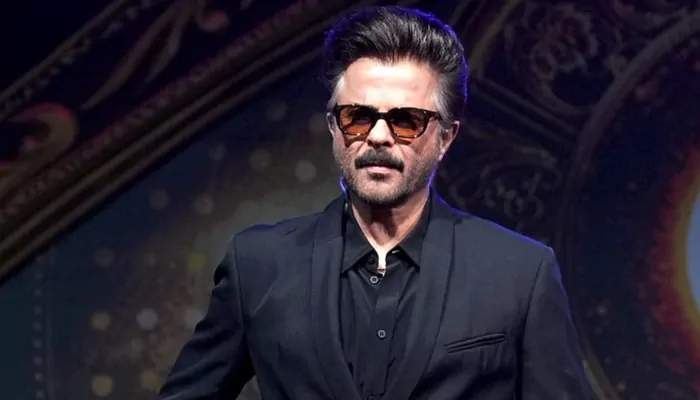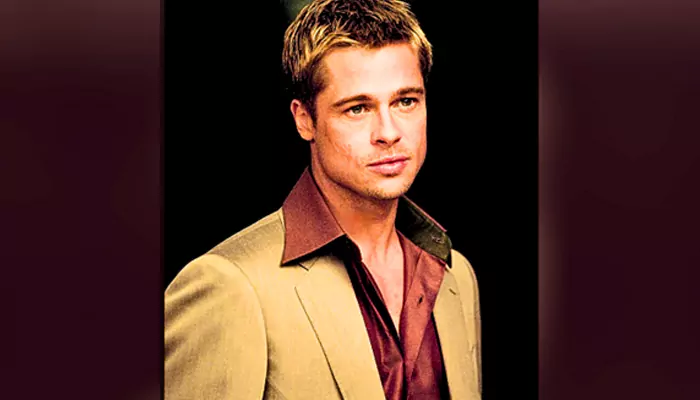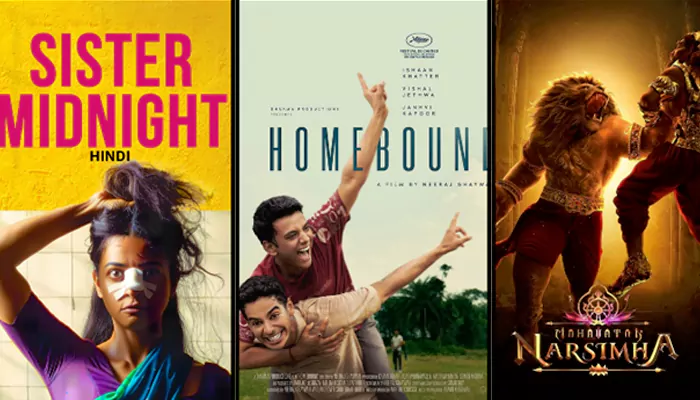Nicki Minaj's Birthday Bash: 4 Reasons Why the Rapper Reigns Supreme in Brand Management
- Admin
- 2 years ago
- 5 minutes read

When Nicki Minaj's debut album, Pink Friday, dominated the charts, it became the talk of the town. Even esteemed publications such as The Wall Street Journal, Black Enterprise, and Forbes delved into deciphering Minaj's success – a warranted exploration.
In 2010, Nicki Minaj emerged in the pop and hip-hop scene, a period lacking prominent female rappers. This, coupled with the music industry's overall decline, made promoting an artist like Minaj seem like a risky venture. Yet, despite her lukewarm debut outselling Kanye West's acclaimed album, My Beautiful Dark Twisted Fantasy, Minaj, an underdog, prevailed. Her secret? Exceptional brand management.
In an era where artists struggle to match record sales, Nicki Minaj, a rookie emcee, defied expectations. Her debut surpassed veteran rapper Kanye West's critically acclaimed album, My Beautiful Dark Twisted Fantasy. This unexpected triumph sparked industry interest. Despite her status as an underdog and her product's seemingly inferior position in the music market, Minaj prevailed, attributing her success to impeccable brand management.
Explore these four marketing insights gleaned from Nicki Minaj's career, guaranteed to secure her a spot on your list of preferred brand managers.
Build Partnerships and Effectively Borrow Brand Equity
Breaking into the competitive music industry demands strategic prowess. Recognizing this challenge early on, Nicki Minaj strategically aligned herself with established mainstream artists. In 2010, she featured on nearly 20 tracks across chart-topping albums, solidifying her presence and reaching diverse fan bases. Before her November debut album release, Minaj set a record for a female rapper with seven singles on Billboard’s Hot 100 simultaneously, showcasing her multifaceted talent.
Strategic collaborations are pivotal for businesses navigating competitive landscapes. Just as Minaj leveraged partnerships for exposure and credibility, companies can align with established brands to enhance their market presence. Bringing innovation to the table makes brands attractive for collaborations, providing an avenue for shared brand equity and increased credibility in the ever-evolving market.
Sell the Brand, Not the Product

Before dropping her debut album, Nicki Minaj, unlike most artists, strategically crafted her brand, recognizing the music industry demanded more than just talent. In a 2009 interview with Vlad. TV, she emphasized, “You can’t come into this business thinking it’s all about music.” Minaj aimed to transform herself into a business powerhouse, viewing music as merely one element of her expansive empire.
This approach birthed a lifestyle brand, propelling Minaj beyond album sales. Her brand diversification includes concert tickets, MAC Cosmetics, 1-800-Flowers endorsements, and even a stint on “Saturday Night Live.” Remarkably, Minaj's fans avidly back all her projects, extending loyalty beyond music. Critics acknowledge her rap prowess isn't unparalleled, but her success hinges on the holistic "Nicki Minaj experience"—fun, fearless, and independent.
Marketing wisdom surfaces: consumers invest in brands for the experience they deliver. Minaj exemplifies this by forging a strong brand identity that extends beyond music, proving that focus and a compelling experience amplify impact.
Develop a Strong Brand Identity
Nicki Minaj effortlessly reinvents her appearance, from hair hues to costumes, yet her brand remains unmistakable. An anime-inspired wig, with ever-changing colours from neon green to leopard print, stands as a consistent element in her brand identity. This signature look, meticulously maintained across all marketing platforms, became a trademark. When Lil Mama sported a similar wig at an industry event, she was promptly labeled a Minaj imitator.
Marketing wisdom: Crafting a brand identity requires a balance of distinctiveness and adaptability. Simplicity is key; renowned brands maintain bold yet straightforward logos, ensuring consistency across channels. This flexibility allows diverse campaign approaches without compromising brand recognition. When rivals mimic your brand, the originator is unmistakable.
Utilize Social Media to Breed Brand Evangelists
Nicki Minaj’s online presence isn't just a product of chance; it's a meticulously cultivated strategy. Her Twitter and Facebook following isn't a passive audience – she sees them as potential leads and actively engages with them. By consistently retweeting fans and responding on Facebook, she's built a community of loyal followers, branding them as "Barbies." This dedicated tribe not only sparks trending topics on Twitter but also wields significant influence over purchasing decisions. A prime example of this influence occurred when Nicki encouraged her followers to pre-order her album, Pink Friday, on Amazon, catapulting it from No. 504 to No. 4 on the best sellers list.
The lesson here is clear: effective marketing involves more than just a digital presence. By utilizing platforms like Twitter, Facebook, and blogs, coupled with direct-to-consumer and inbound marketing, you can achieve profound brand engagement. The key lies in building a genuine community, not merely broadcasting announcements. Nicki Minaj's success story showcases the power of strategic online engagement, leading to a substantial return on investment.
While high-profile appearances and collaborations contribute to a musician's journey, it's the comprehensive brand strategy that catapulted Pink Friday to No. 1. As Minaj herself asserts, "Nicki ain't a rapper; Nicki a brander." The emphasis on brand identity, beyond musical prowess, underscores the vital role strategic branding played in her debut's success.












